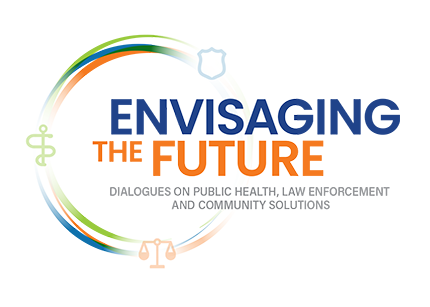
T. Price, T. Parkes & M. Malloch
ABSTRACT
Amidst growing recognition that people who use drugs are often vulnerable and in need of healthfocused support, international conventions and national priorities on personal drug use are changing with emphasis shifting from criminal justice to health narratives. In Scotland, there has been a move toward health-led drug policymaking, and yet little is known about how diversion operates in this context. An exploratory qualitative study was conducted utilizing semi-structured interviews with professionals holding lead, strategic-level roles in Scottish diversion policy and practice (n ¼ 15). Interview transcripts were thematically analyzed using a structured framework technique. Findings show that the term ‘diversion’ is used to refer to criminal justice-initiated drug treatment routes, both pre- and postconviction. Unlike many international examples, Scottish diversions tend to embed health-focused support within criminal sanctions, rather than acting as alternatives. Participants expressed the view that the term diversion implied a shift from criminal justice sanctions to health-led support that did not occur in reality. We, therefore, argue that the term diversion may function to mute a ‘discursive struggle’ between criminal justice sanctions and health interventions for people who use drugs, obscuring a growing gap between aspirational governance principles and institutional and lived realities.






